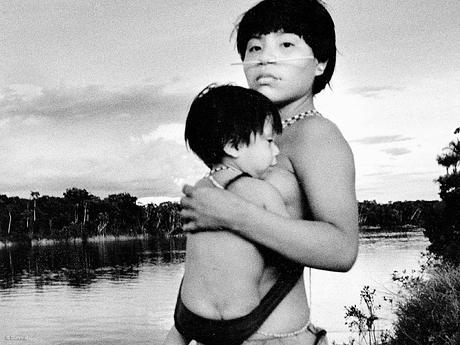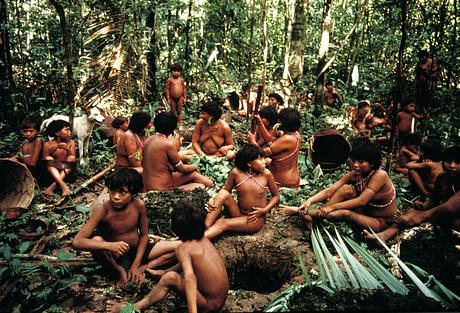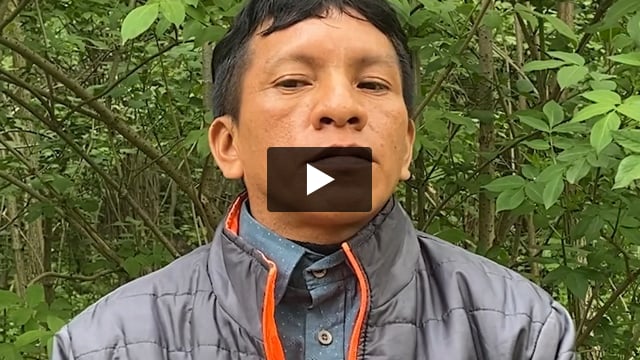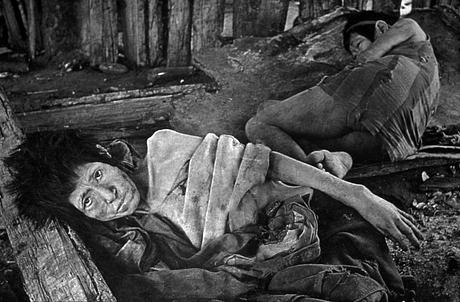HIV reaches Yanomami in Amazon
January 27, 2010
 © Steve Cox/Survival
© Steve Cox/SurvivalThis page was last updated in 2010 and may contain language which is now outdated.
Brazil’s National Health Foundation, FUNASA, has confirmed the first case of HIV amongst the Yanomami Indians in northern Brazil.
FUNASA says that there are 28 cases of HIV amongst Indians in the Amazonian state of Roraima, where many Yanomami live. The majority of these cases are women, and two are children.
The Yanomami are one of the largest relatively isolated tribes in South America. Today their population stands at about 32,000 and straddles the border of Venezuela and Brazil.
In 1992, the 9.6 million hectare Yanomami Park was created on the Brazilian side of the border, following the recognition of the Yanomami’s right to live undisturbed on their land. In Venezuela, the Yanomami live in the 8.2 million hectare Alto Orinoco – Casiquiare Biosphere Reserve.
However, the Yanomami still suffer from invasion of their land. Over 1,000 gold-miners are now working illegally in the Yanomami territory, polluting the rivers and forest with mercury, and transmitting deadly diseases like malaria and possibly HIV/AIDS.
Cattle ranchers are also invading and deforesting the eastern fringe of their land.
The Yanomami organization, Hutukara, has made several urgent appeals to the Brazilian authorities to remove all the illegal goldminers and ranchers from their land. So far the government has taken no action.
Survival’s report ‘Progress can kill: how imposed development destroys the health of tribal peoples’ explains that outsiders in tribal peoples’ territories can bring prostitution, the abuse of tribal women and children, and sexual diseases.




